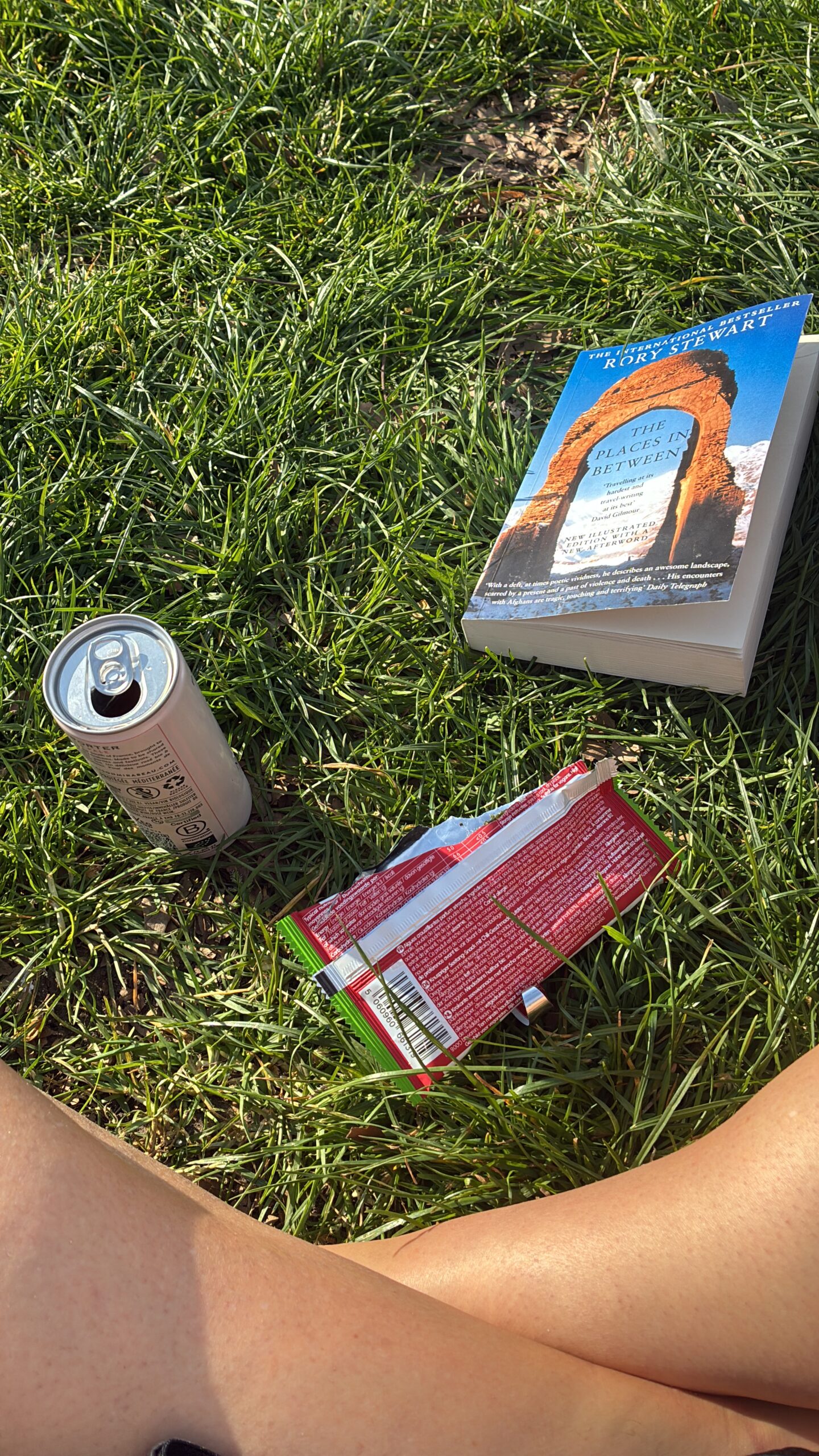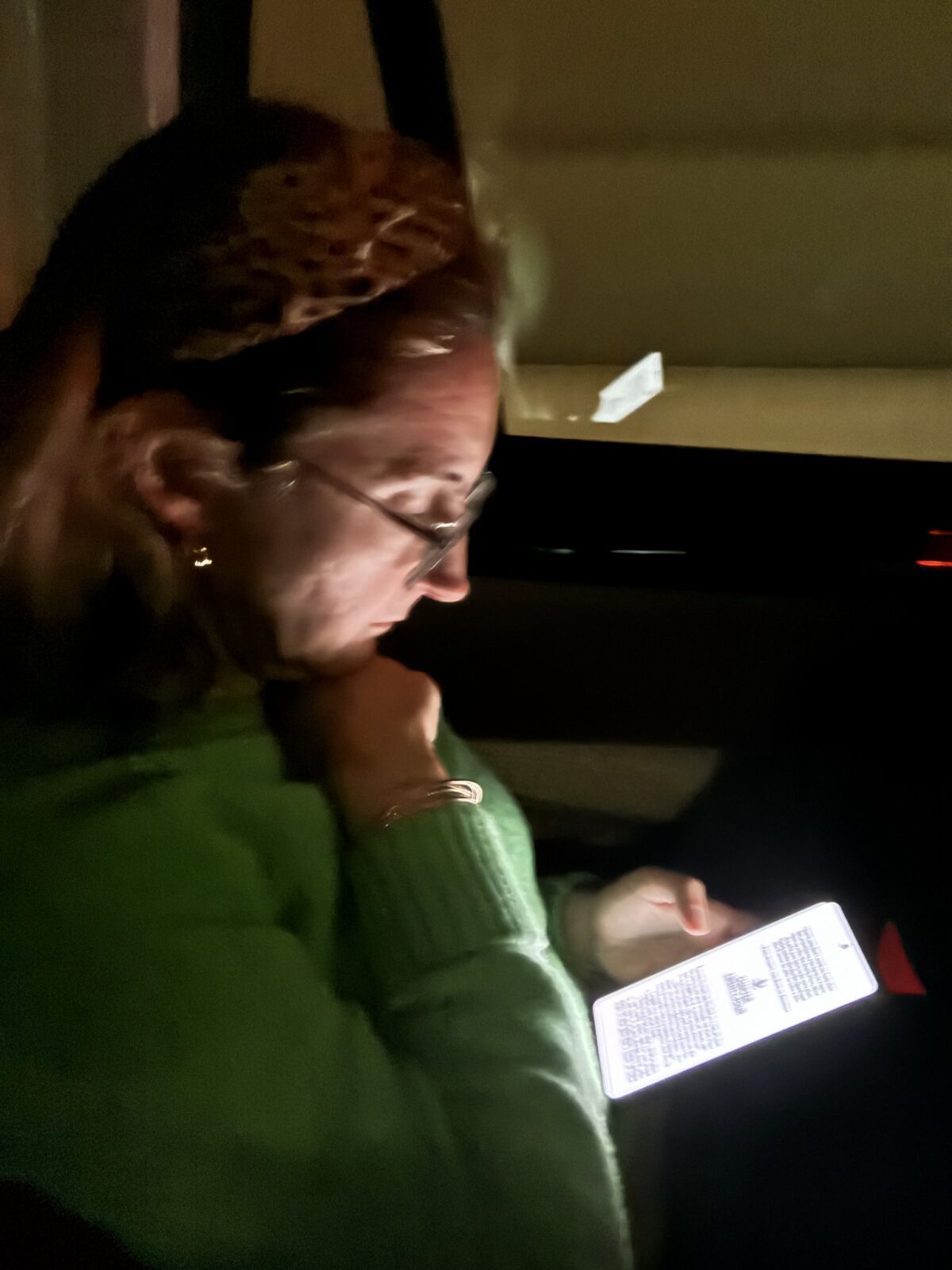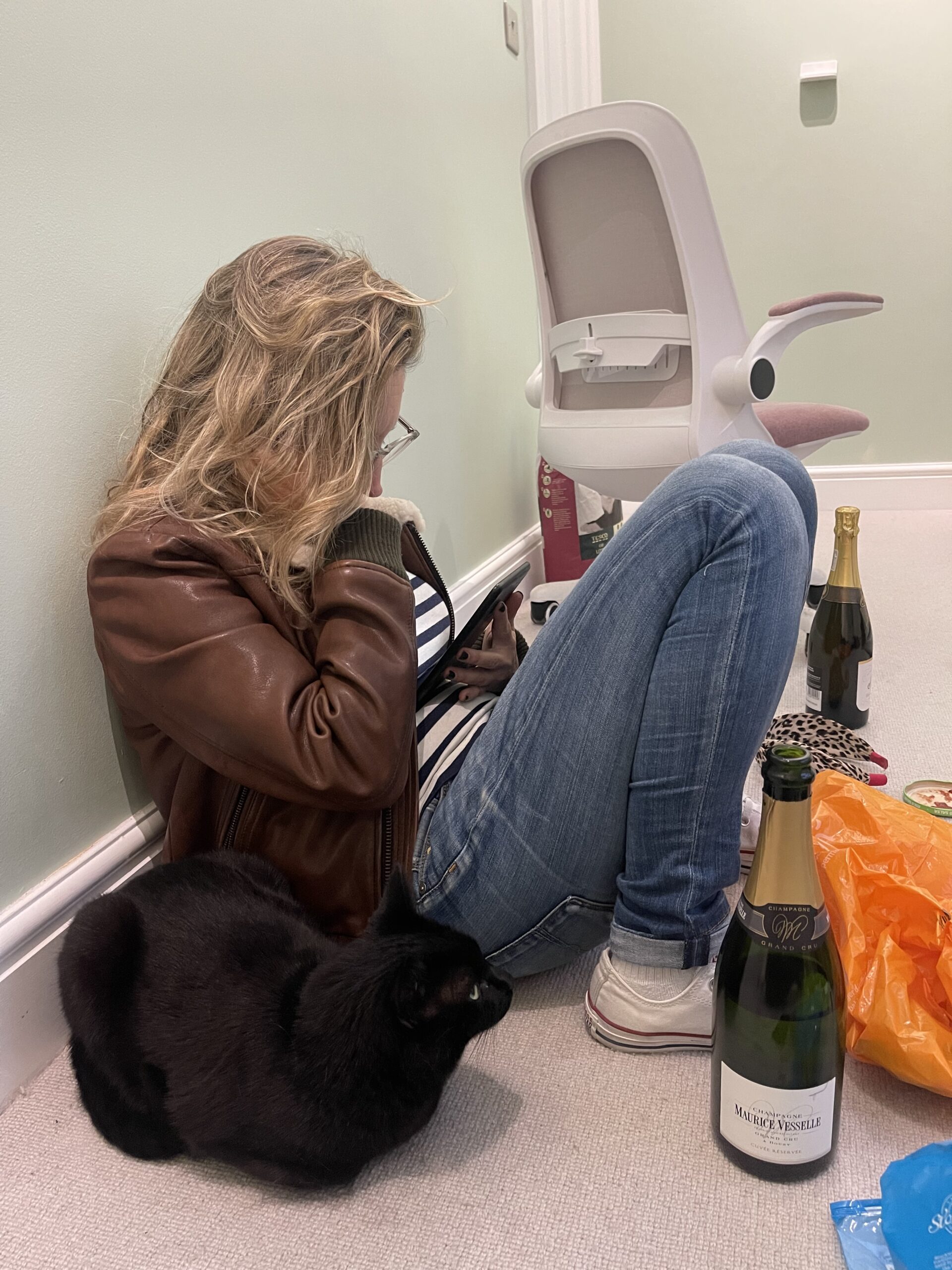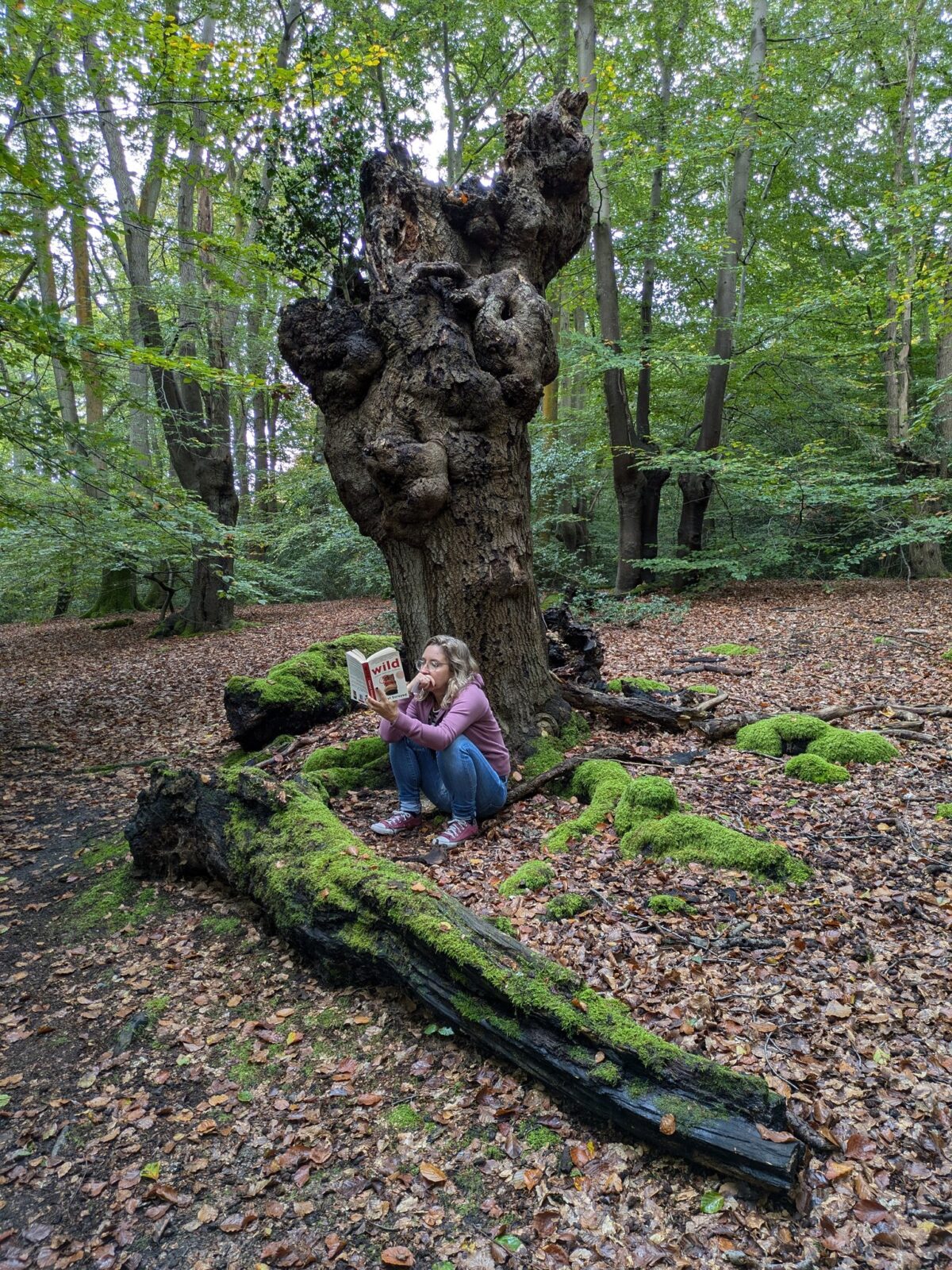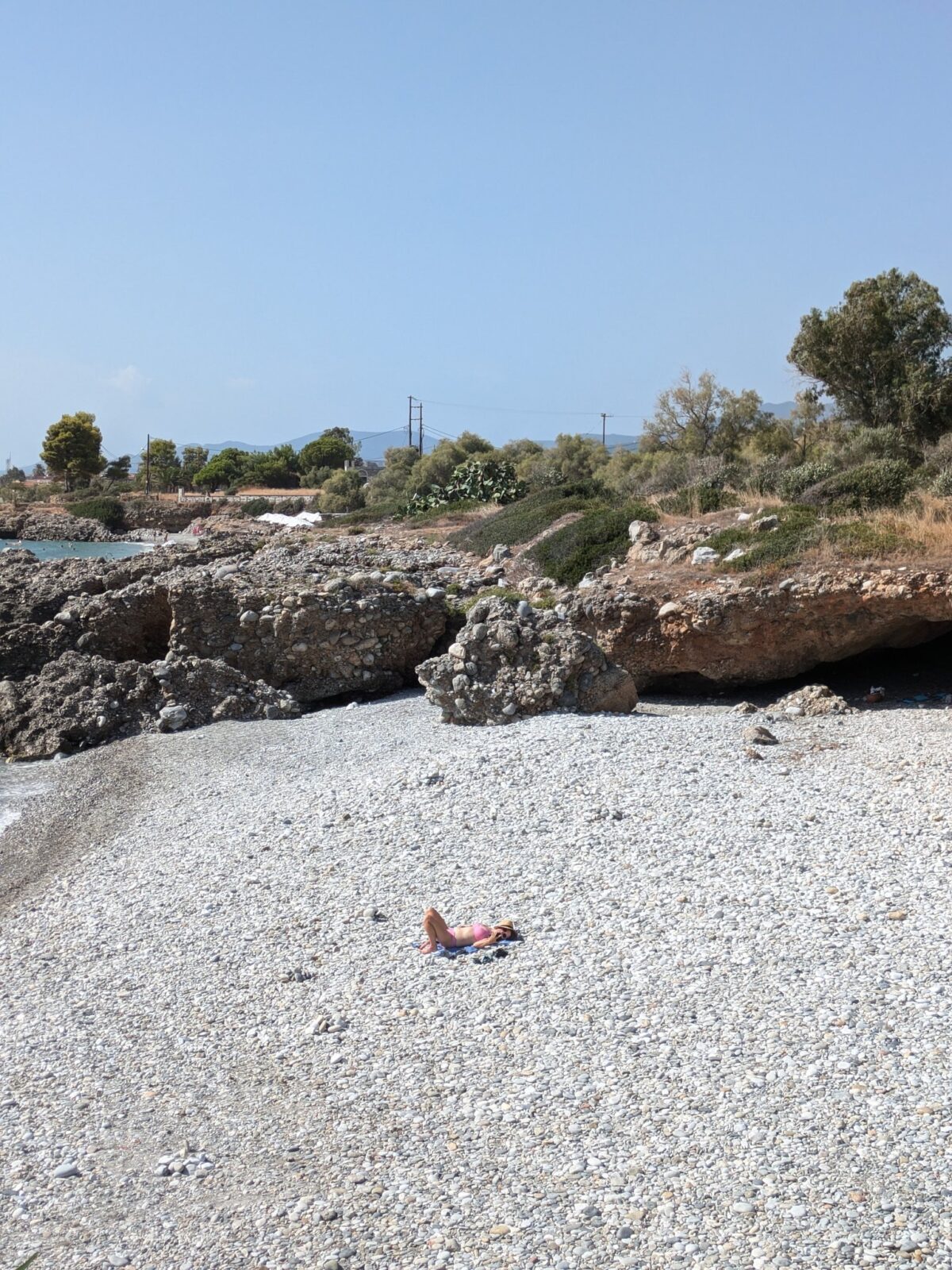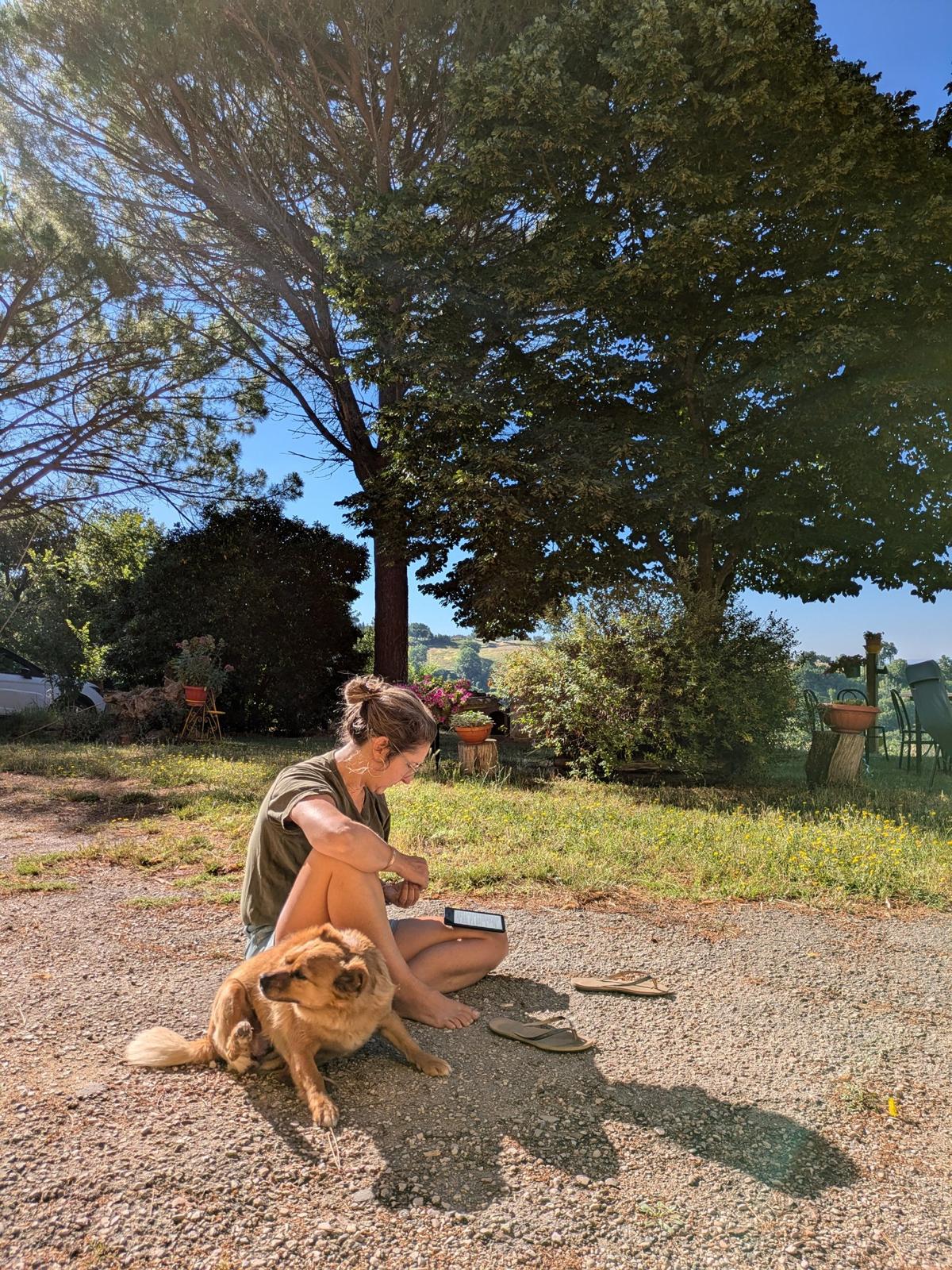In this unhinged memoir, Rory Stewart decides it is a good idea to walk across Afghanistan by himself. In 2002! In winter!
He has already been walking for many months by the time he gets to Afghanistan, and is constantly being told by warlords about how dangeorus the route is he has chosen, as it is across the mountains in the snow. You would think you would listen when TALIBAN WARLORDS are telling you something is dangerous. He does not. We learn a lot of things in this memoir, but not the answer to the most important question: why?
I did find it interesting when he said about how frequently locals sit in silence, especially if nothing interesting has happened of late, because as he notes they have all known each other since childhood, and none of them has read or seen anything interesting (because they can’t read and don’t have TVs). He is often with locals, because his plan for accommodation and food is to ask locals for them. I appreciate that due to the emphasis on hospitality in Islamic culture this is not such a very weird plan, but I personally would have been uncomfortable. The people he is walking among are very poor, and I don’t know if the fact that poor people are willing to give you their food means you should take it.
Also of interest is the fact that he is following in the footsteps of Babur, the 15th century founder of the Mongol empire, and he often refers to his memoir. It started to feel familiar to me, and then I realized this is because I have read it. It is, btw, one of the first memoirs even written. And I was like: DAMN, I am well read. Though I only remember the killing parts, to be honest.

